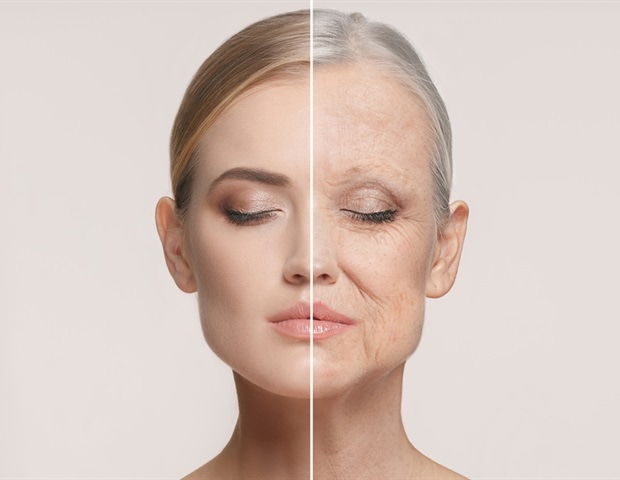Summary
Scientists believe that specific diets could help prevent chronic illness
Source: The Independent

AI News Q&A (Free Content)
Q1: What are some dietary patterns that have been shown to boost longevity and reduce chronic disease risk?
A1: Recent studies indicate that dietary patterns such as the DASH, MIND, and Mediterranean diets are associated with reduced risks of chronic conditions including hypertension, dementia, and cardiovascular disease. These diets emphasize increased consumption of whole grains, fruits, vegetables, nuts, and legumes. Intermittent fasting has also been linked to increased lifespan and reduced risk of chronic disorders by improving blood glucose regulation and reducing inflammation.
Q2: How does the Longevity Diet proposed by Valter Longo contribute to increased lifespan?
A2: The Longevity Diet, as proposed by Valter Longo, advocates a fasting-mimicking diet (FMD) combined with a predominantly plant-based diet that includes fish. This approach aims to promote longevity by triggering cellular maintenance and repair processes, which can help prevent age-related diseases.
Q3: Which nutrients have been identified as priorities for preventing diet-related diseases across different demographic groups?
A3: Research has identified several priority nutrients crucial for preventing diet-related diseases, including vitamin D, vitamin E, calcium, magnesium, and dietary fiber. These nutrients are often consumed inadequately, particularly dietary fiber, vitamin D, and choline, with inadequacy rates exceeding 90% in various life stages.
Q4: What are the characteristics of the Okinawa diet, and how does it relate to longevity?
A4: The Okinawa diet, traditionally followed by the indigenous people of the Ryukyu Islands in Japan, is characterized by high consumption of vegetables, fish, and soy products, with minimal intake of meat and dairy. This diet has been associated with increased longevity, with studies suggesting it contributes to the long lifespan of the Okinawan population.
Q5: How can public health guidelines be informed by recent dietary research to support healthy aging?
A5: Recent dietary research, including findings from large cohort studies and randomized controlled trials, suggests that emphasizing whole grains, fruits, nuts, and legumes while reducing sugar-sweetened beverages and processed meats can significantly increase life expectancy. These insights can inform public health policies aimed at promoting healthy aging and reducing premature deaths.
Q6: What role do specific fruits and vegetables play in reducing the risk of chronic diseases?
A6: Studies have shown that specific fruits and vegetables, such as berries, citrus fruits, apples, pears, and peppers, are associated with a lower risk of sudden cardiac death (SCD) and coronary heart disease (CHD). Substituting half a serving per day of processed foods with these fruits can significantly decrease cardiovascular disease risk.
Q7: What are the potential benefits of the CRON-diet in terms of health and aging?
A7: The CRON-diet (Calorie Restriction with Optimal Nutrition) aims to improve health and slow aging by reducing calorie intake while ensuring optimal nutrition. It focuses on providing the recommended amounts of essential nutrients and has been associated with improved health markers and potentially increased lifespan.






